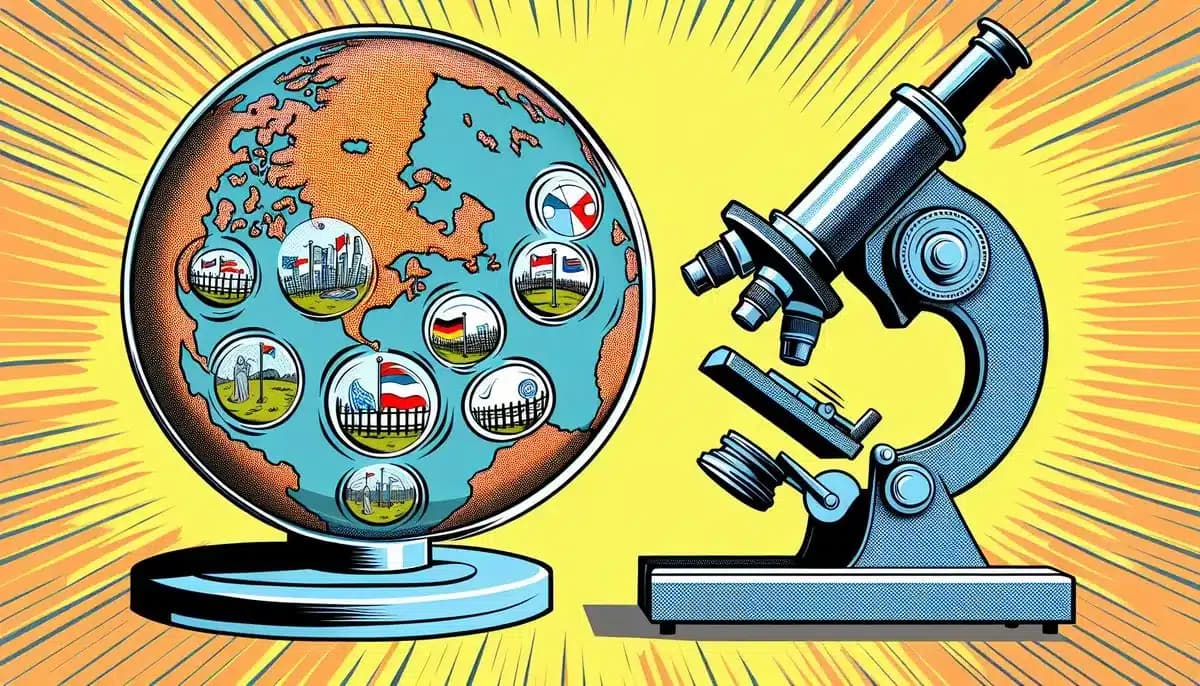
World Events under the Microscope: Making Sense of scripted Hegemonic Shifts
As the world grapples with the complexities of power dynamics and cultural identities in an increasingly globalized landscape, ‘World Events under the Microscope: Making Sense of Scripted Hegemonic Shifts' delves into the nuanced interplay between sovereignty, economy, and culture. This article aims to unravel the threads of hegemonic narratives and offer insights into the underlying […]